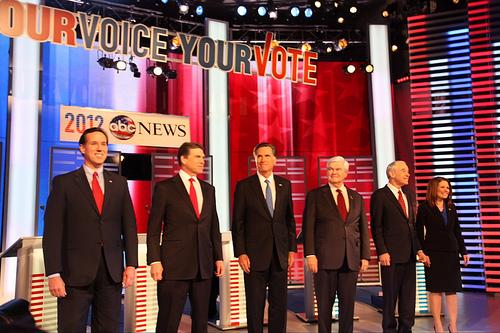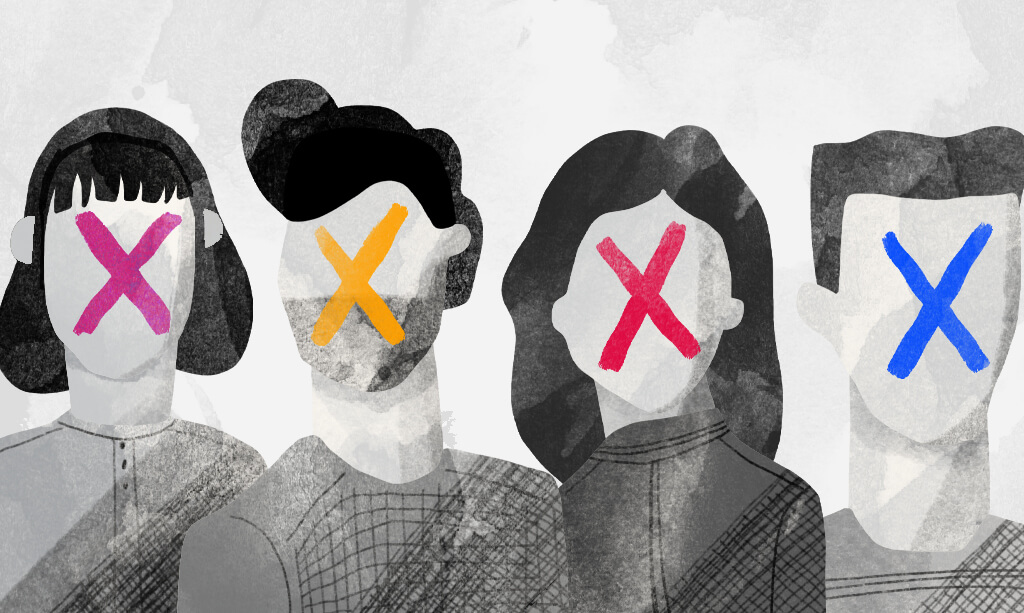
Every four years, special events transpire. In 2014 the FIFA World Cup will take place, four years after the 2010 World Cup. This year, the London Summer Olympics will commence, four years after the 2008 Beijing games. Also, there’s arguably the biggest national event in America that occurs every four years: a presidential election. This year’s quadrennial edition promises to be the most promising edition of the last 30 years—if not the most promising in the history of America.
Leading up to the primaries, all potential candidates had time to establish their campaign, collect funding, and conduct interviews to reveal policies and ideals. The Republican ‘pre-season’ was almost as intriguing as the primaries—candidates were exposed, campaigns were extirpated, and even Pokèmon movies were quoted. In all seriousness, however, the months leading up to the first primary in January provided voters ample time to decide which candidate would be the best to represent the Republicans in the 2012 Presidential race against current president Barack Obama.
Starting out with 10 serious candidates—sorry Sarah Palin, an attention-seeking bus tour while delaying your presidential decision doesn’t count—the Republicans started out with a plethora of candidates, each hoping that his/her policies would strike home with potential voters. Three candidates dropped out of the race prior to the Iowa caucus for various reasons: Herman Cain, Tim Pawlenty, and Gary Johnson. That left seven candidates looking to start off on a positive note in Iowa: Ron Paul, Newt Gingrich, Mitt Romney, Michele Bachmann, Rick Santorum, and Rick Perry.
The hype leading up to the Iowa caucus was astronomical—not a day went by when an Iowa presidential poll was not mentioned on a news broadcast. The results of the caucus did not disappoint; initially, Romney was believed to have won by 8 votes—the closest primary/caucus in history. However, after an official recount, Rick Santorum came out with the victory—by a meager 34 votes. Romney finished in second, Paul in third, and Gingrich in fourth.
Moving to New Hampshire, only Bachmann dropped out—citing a poor finish in Iowa. New Hampshire, unlike Iowa, was never going to be close. New Hampshire is the home of Romney, and has a more moderate Republican population, also like Romney. New Hampshire always looked like a huge win for Romney, and the results did not deviate: Romney finished in first, followed by Paul, Huntsman, Santorum, and Gingrich.
South Carolina was up next, and the story was intriguing. The ‘moderate’ Republican, Mitt Romney, had all the momentum; however, South Carolina had a more conservative Republican base—appealing to candidates like Gingrich and Santorum. Huntsman and Perry dropped out of the race in the week leading up to the South Carolina primary—each, at one point, was behind comedian Stephen Colbert in local polls. The outcome of the primary was the most surprising of the race at the point—Gingrich came in first by 12 percentage points, followed by Romney, Santorum, and Paul. Voters cited Gingrich’s strong debate performance as the reason of the power shift from Romney to Gingrich.
With this in mind, Romney struck back at Gingrich in the Tampa debate before the Florida primary—and Gingrich seemed to crumble. Florida was a perfect state for Romney: Like New Hampshire, Florida has a larger moderate Republican base. Again, like the New Hampshire primary, the results reflected the facts—Romney finished in first, followed by Gingrich, Santorum, and Paul.
The next state, Nevada, was right on the heels of Florida; however, it was a smaller state, and with the next caucuses/primaries happenning all on Tuesday, the importance was minimal. Romney carried the state with a 50 percent vote, and was followed Gingrich, Paul, and Santorum. The results reflected Nevada’s 6.5 mormon population—one of the highest in the United States.
Tuesday marks the date of three primaries/caucuses on the same day, the first time in the campaign that multiple states will vote at the same time. This instigates the crunch time of each candidate’s campaign—a time when the pretenders are seperated from the contenders, and a candidate can be made.










Paul • Feb 6, 2012 at 5:20 pm
here’s some constructive criticism: too much fact recall and only stating who won each primary/caucus; put your own spin on it or find an interesting angle and you have a great article
Matt Brownsword • Feb 6, 2012 at 5:34 pm
i agree with you; however, and i should have made this clear, this article was purposely trying to just recall the events and not to go into much depth. The article is published under editorials for the sole purpose that a political bias may stem in future articles about the race, where i shall go into more depth. Again, you are right- an opinion may have spiced up this article- but i implore you to continue reading future editions for more in-depth analysis and ‘my own spin’
Thanks for the help.